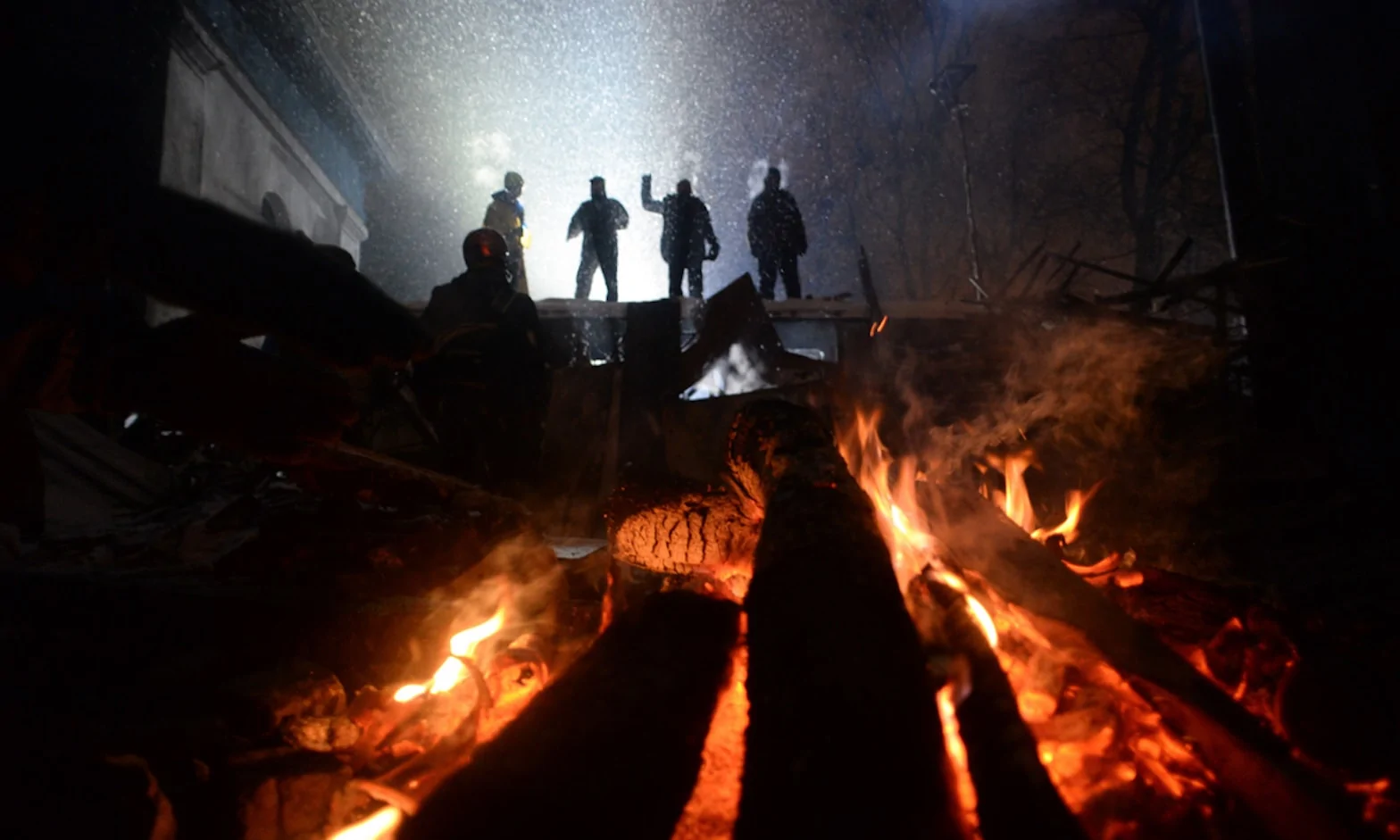The war in Eastern Ukraine has killed from 15 April to 20 June an estimated number of “423 people, including servicemen and civilians,” (UN HCHR statement, 24 June 2014), which, compared with our own estimate of 99 deaths up to May 15 shows the rising violence of the ongoing fighting. Refugees and Internally Displaced People (IDPs) from the East now reach “nearly 34,600″ people, with nearly half of the displacements – estimated to 15,200 within the Donetsk and Luhansk regions – taking place “over the last two weeks”, i.e. after 6 June 2014. Russia estimates that it now hosts 16,700 Ukrainian refugees on its territory, notably in the region of Rostov (Ria Novosti, 27 June; 14,000 on 25 June 2014, Itar-Tass). This, again, shows an intensification …
Continue reading “War and Peace in Ukraine: The Separatists (1)”











